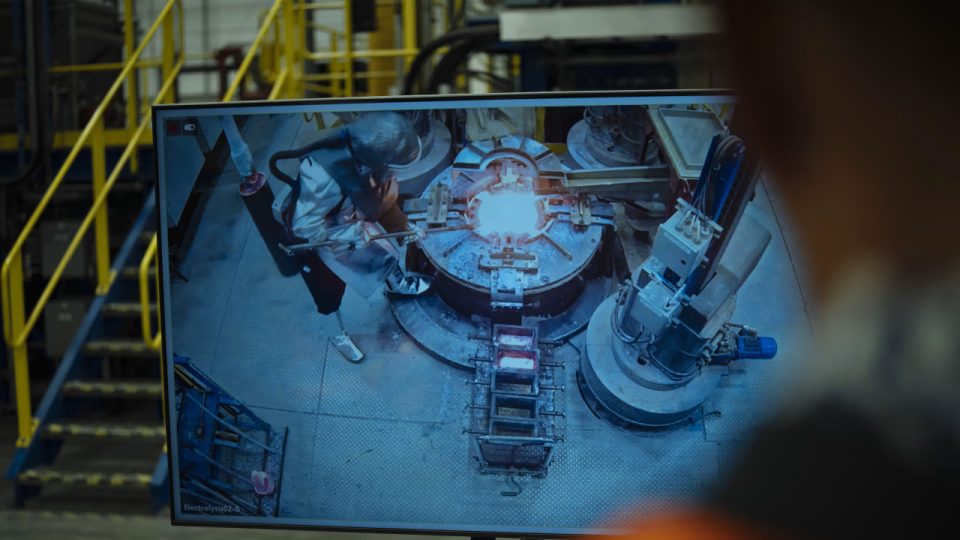Apple (NASDAQ: APPL) and MP Materials (NYSE: MP) are setting out to reshape the American supply chain for technology hardware with a $500 million deal that arrives at a critical moment for domestic manufacturing. The companies have agreed to jointly fund and create a rare earth magnets recycling facility in California, and investors are already showing a strong reaction, shares of MP Materials soared more than 25 percent on the news, climbing from a closing price of $48.52 yesterday to $61.13 this morning.
Apple’s latest move is part of a much larger vision. The tech giant has committed to spending more than $500 billion in the United States over the next four years, aiming to onshore production of key hardware components, including the magnets that are essential for virtually every advanced electronic device you can imagine. These rare earth magnets appear everywhere from iPhones and wireless earbuds to electric cars and renewable energy systems such as wind turbines.
Central to the deal is a brand-new recycling and processing facility to be constructed in Mountain Pass, California. Together, Apple and MP Materials plan to build on years of pilot efforts in recycling technology and scale up the recovery and processing of rare earth elements from used electronics. The plan will not only keep valuable materials in the US but could significantly reduce reliance on mined materials and foreign suppliers.
MP Materials already operates the only fully-integrated rare earth mining and processing site in America, and the partnership will expand the company’s capacity well beyond raw extraction. The two companies will also further develop MP’s flagship facility in Fort Worth, Texas, adding magnet manufacturing lines that cater specifically to Apple’s supply chain. Once operational, these lines are expected to churn out American-made magnets that will find their way into Apple products shipped around the world.
For Apple, this commitment is about more than just securing rare earth magnets for future iPhones and MacBooks. The $500 million, multiyear agreement reflects an industry-wide push to bring manufacturing for sensitive components back to United States soil. Geopolitical uncertainty, shifting global trade policies, and new American incentives for domestic production have all converged to change the calculus for tech supply chains.
In a statement about the deal, Apple CEO Tim Cook emphasized the importance of “deepening our investment in the US economy” and highlighted American innovation as a driving force for the company’s decision. The deal comes at a moment when federal officials and the White House are ramping up calls for onshoring key technology infrastructure.
Rare earth elements, despite being used in relatively small quantities in each device, play an outsized role in powering modern consumer technology. From iPhone haptics to car motors, these magnets are the lifeblood of efficient, compact energy transfer. As demand for green energy and electronics surges, so does the race to secure reliable sources for these materials. Apple’s partnership with MP Materials represents a real effort to guarantee that supply and set a new precedent for sourcing hardware components.
Financial markets reacted swiftly. MP Materials’ stock opened sharply higher, fueled by relief that the company will now have a direct customer in Apple and the confidence that it comes with a multiyear revenue stream. The stock price move is also a signal that investors recognize the broader shifts in critical materials supply chains, and they are betting that MP will be a central player as American companies race to “de-risk” from foreign sources.
The $500 million tag on Apple’s deal with MP Materials is substantial, even for a tech giant famous for writing large checks. But in the context of Apple’s stated pledge to invest over $500 billion domestically, it is clear the company sees American supply security as a priority worth the cost. As engineering and recycling efforts begin in California and Texas, the rest of the tech world will be watching closely to see whether this recycling pipeline can reshape how we think about sourcing the rare materials that power everything from entertainment to transportation, and whether others will follow suit.

